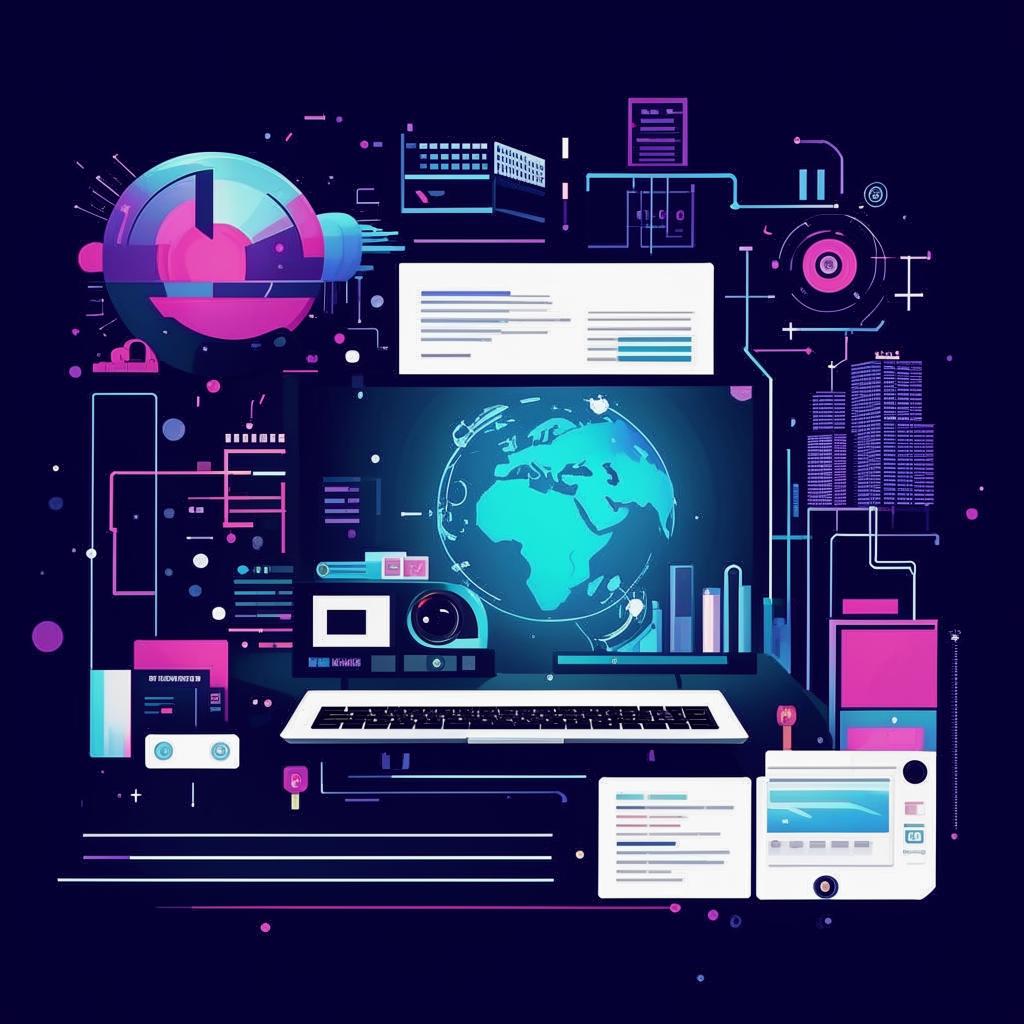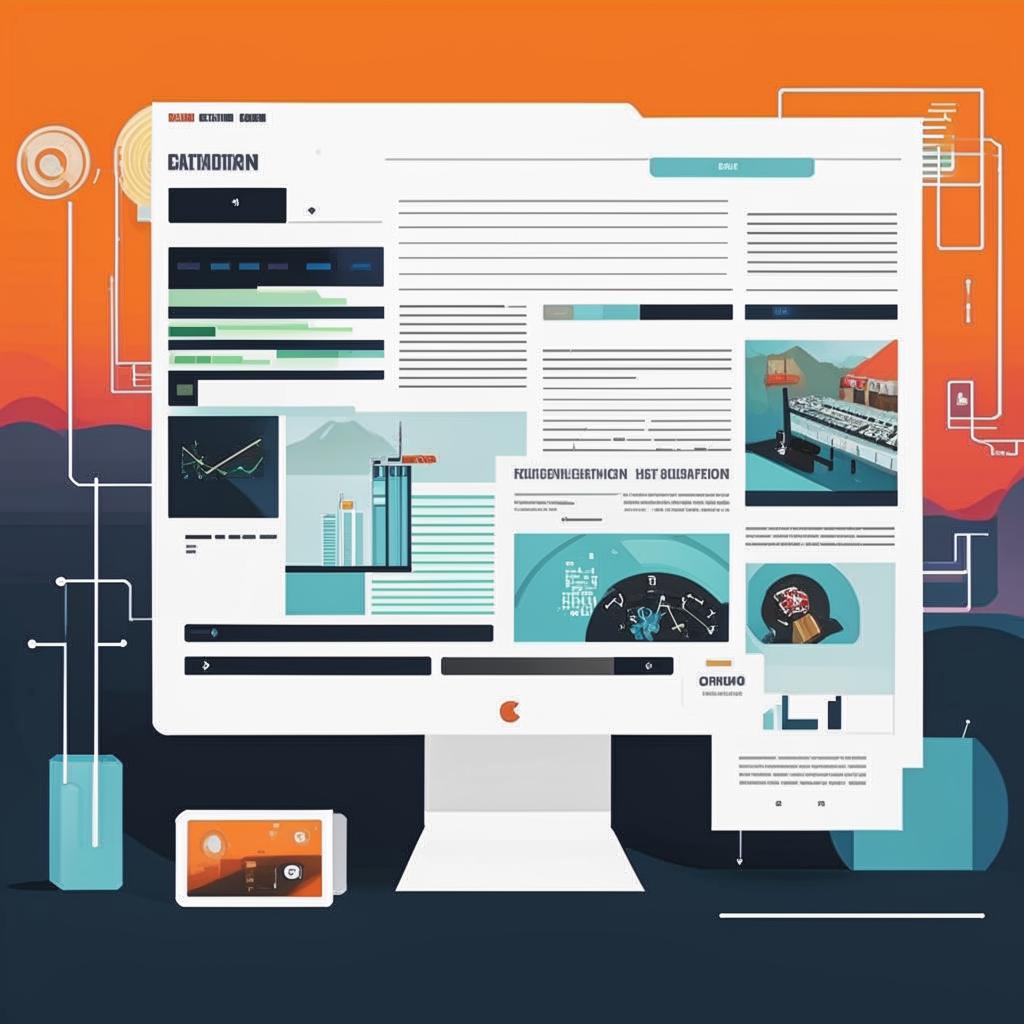News
Welcome to our news blog, where we cover the latest events and trends from the worlds of fashion, technology, ecology and culture.


The global fashion industry is undergoing significant changes, and one of the most noticeable trends in recent years has been the pursuit of sustainability. Brands, from large fashion houses to small independent labels, are increasingly aware of their responsibility to the environment. Sustainable production, the use of recycled materials, and ethical treatment of labor are becoming an integral part of business models. For example, companies such as Stella McCartney and Patagonia are actively promoting the idea of eco-friendly fashion, offering collections that are not only beautiful, but also minimize the negative impact on nature. This is not just a trend, but a necessity that resonates with consumers who are trying to make conscious choices.

The Rise of Renewable Energy: A Global Shift Towards Sustainability

The Impact of Artificial Intelligence on the Job Market

The Future of Remote Work: Trends and Predictions
In addition, technology plays a key role in the transformation of the fashion industry. Virtual reality, augmented reality and artificial intelligence are becoming important tools for designers and brands. They allow for the creation of unique collections and a better shopping experience. For example, virtual fitting rooms that allow customers to “try on” clothes without leaving their homes are becoming increasingly popular. Not only is this convenient, but it also reduces the number of returns, which in turn reduces waste. Brands that use these technologies not only attract attention, but also demonstrate their willingness to innovate. Finally, social changes and cultural movements are also affecting fashion. With the growing awareness of gender identity and diversity, many designers are starting to create inclusive collections that reflect different styles and preferences. Fashion is becoming more accessible and diverse, allowing everyone to express their individuality. Initiatives such as “body positivity” and “gender-neutral fashion” are becoming increasingly relevant, and many brands are aiming to support these ideas in their collections. Thus, modern fashion is not only about style, but also about social changes that shape our society.
